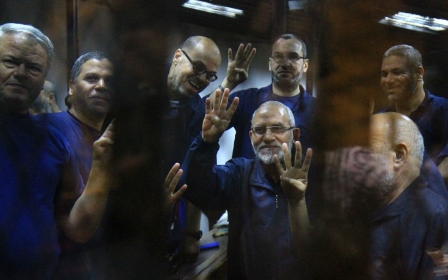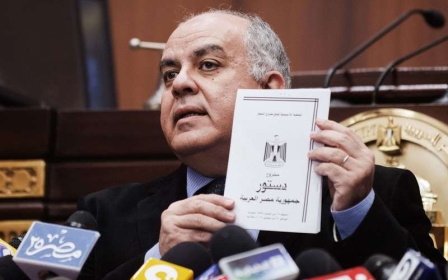Syria's Muslim Brotherhood appoints a new leader

Syria's Muslim Brotherhood, one of President Bashar al-Assad's political oponnents in exile, has appointed a 70-year-old British-educated ophthalmologist as its new leader, according to news sites.
The Brotherhood's council elected Mohammad Hekmat Walid for a four-year term in a vote on 7 November in Istanbul, where the Syrian opposition in exile is based, according to Agence France-Presse citing a statement.
Walid, who hails from the regime stronghold of Latakia, is the 12th leader of the Syrian Brotherhood, according to the Muslim Brotherhood's Ikhwan Online. The Syrian Muslim Brotherhood was formed at the start of the 1940s, and banned in the 1980s after an uprising against Assad's father.
Membership of the Brotherhood is punishable by death in Syria, according to AFP.
Walid has taught at a number of medical schools overseas, including in Ireland and Saudi Arabia.
Considered the best organised political opposition group, the Muslim Brotherhood, which receives financial support from Qatar, has often been accused critics of seeking to dominate the opposition at the expense of other groups.
The Brotherhood, which is also backed by Turkey, supports Islamist rebel groups in Syria who have lost influence over the past year because of the rise of the Islamic State and other jihadist groups.
The Muslim Brotherhood was founded in Egypt in 1928 by Hassan al-Banna with the goal of an Islamic renaissance and a struggle against the West, a doctrine that then spread to other countries.
In Syria, the movement led an armed uprising against then-president Hafez al-Assad that was brutally crushed in 1982 with at least 10,000 deaths.
Hafez al-Assad was succeeded by his son, also an ophthalmologist, in 2000.
Stay informed with MEE's newsletters
Sign up to get the latest alerts, insights and analysis, starting with Turkey Unpacked
Middle East Eye delivers independent and unrivalled coverage and analysis of the Middle East, North Africa and beyond. To learn more about republishing this content and the associated fees, please fill out this form. More about MEE can be found here.




